- Skip to primary navigation
- Skip to main content
- Skip to primary sidebar

- FREE Experiments
- Kitchen Science
- Climate Change
Egg Experiments
- Fairy Tale Science
- Edible Science
- Human Health
- Inspirational Women
- Forces and Motion
- Science Fair Projects
- STEM Challenges
- Science Sparks Books
- Contact Science Sparks
- Science Resources for Home and School

FREE Science Printable Experiment Instructions
I’ve been busy collating all my science resources into one place so they are easy to find. I’ve now got quite a few printable science worksheets , eBooks, and science experiment instructions available, but if there’s anything you’d like that’s not below, let me know, and I’ll happily create it for you!
I also have a FREE Super Scientist certificate you can download as a reward for brilliant science!
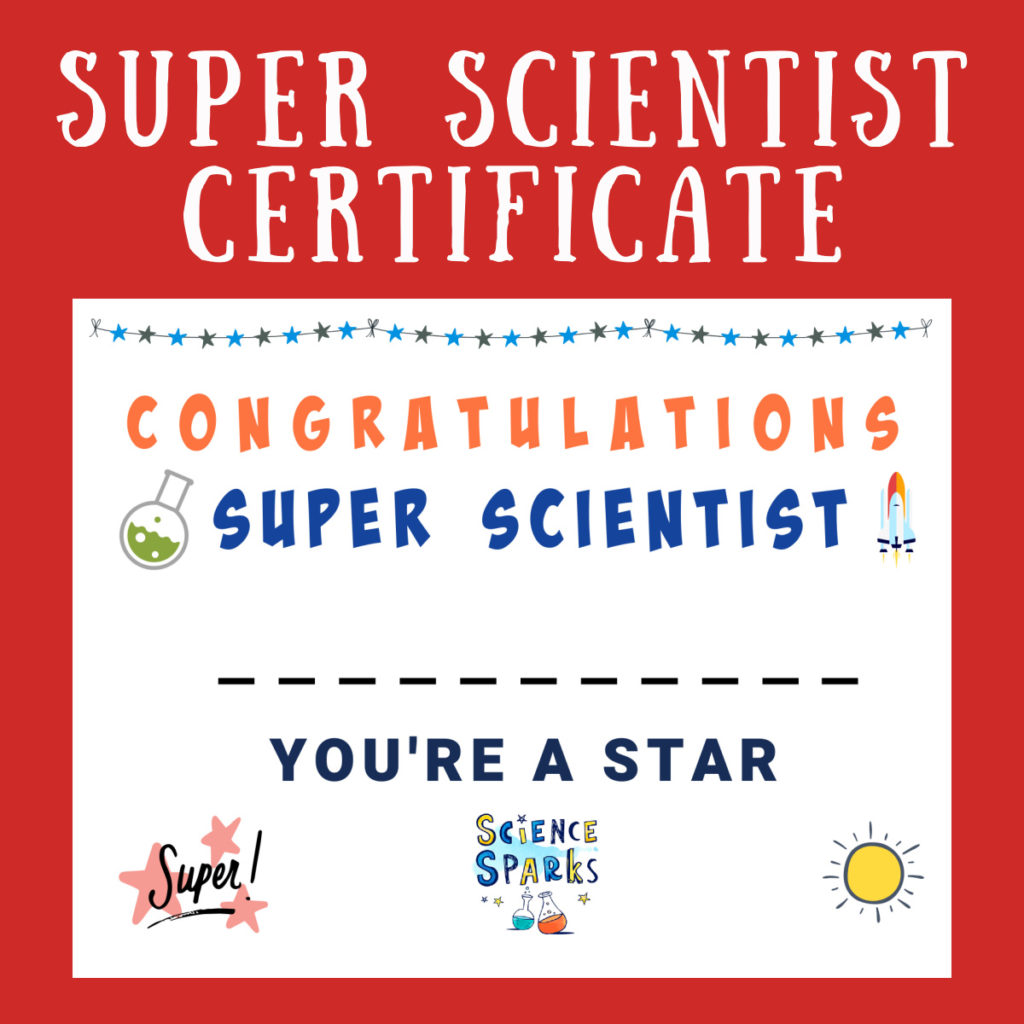
I’d love you to take a look at my science books, too! This IS Rocket Science is full of fun and easy space science activities, and Snackable Science has 60 edible experiments and tests to try! New for 2020 was Gross Science , which contains 60 ooey, gooey and sticky science experiment ideas.
Scroll down to the bottom to see my collection of science worksheets, or click on the image or text under the science experiments below to download the experiment instruction sheets for each activity.
Free downloadable science resources
All the science resources below are completely free! I hope you enjoy using them.
Science Experiment Instructions
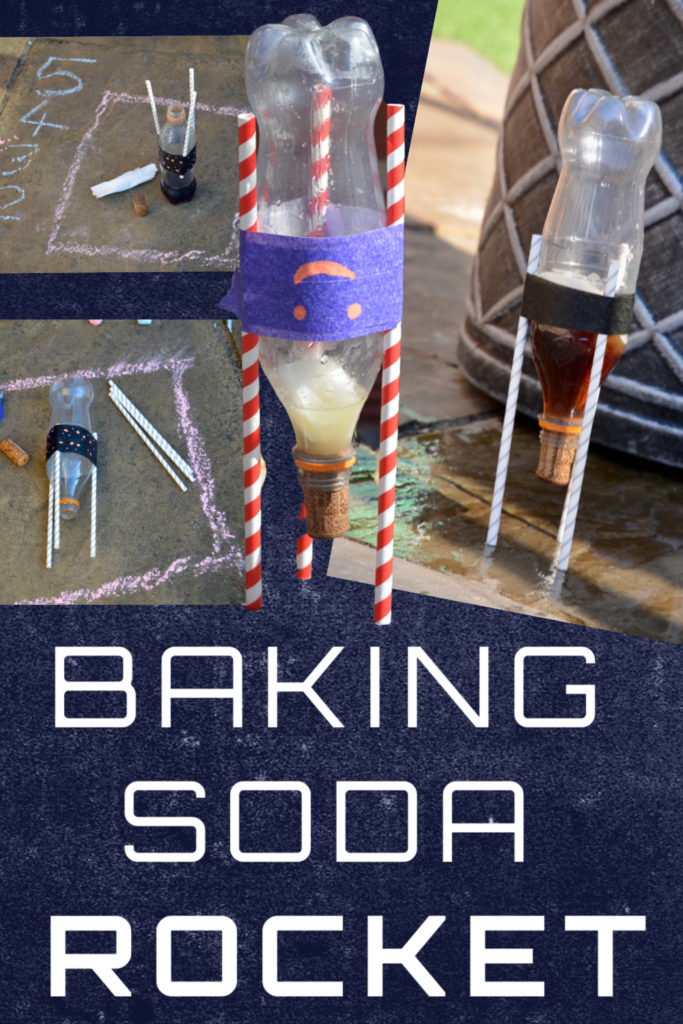
EGG Experiments
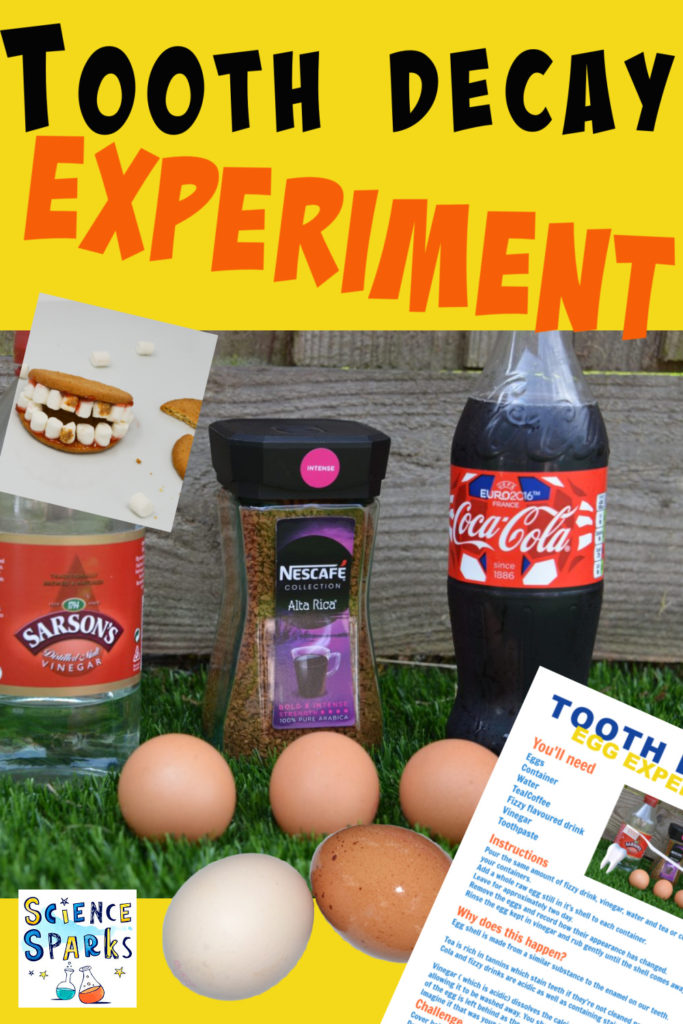
Plant Science Experiments
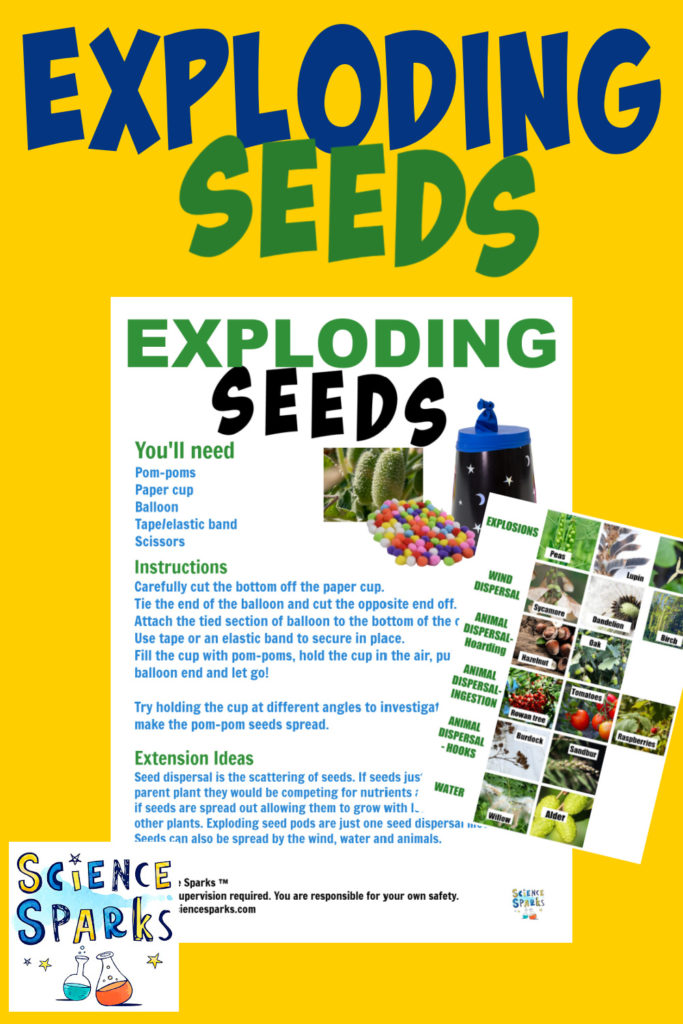
Autumn Science Experiments
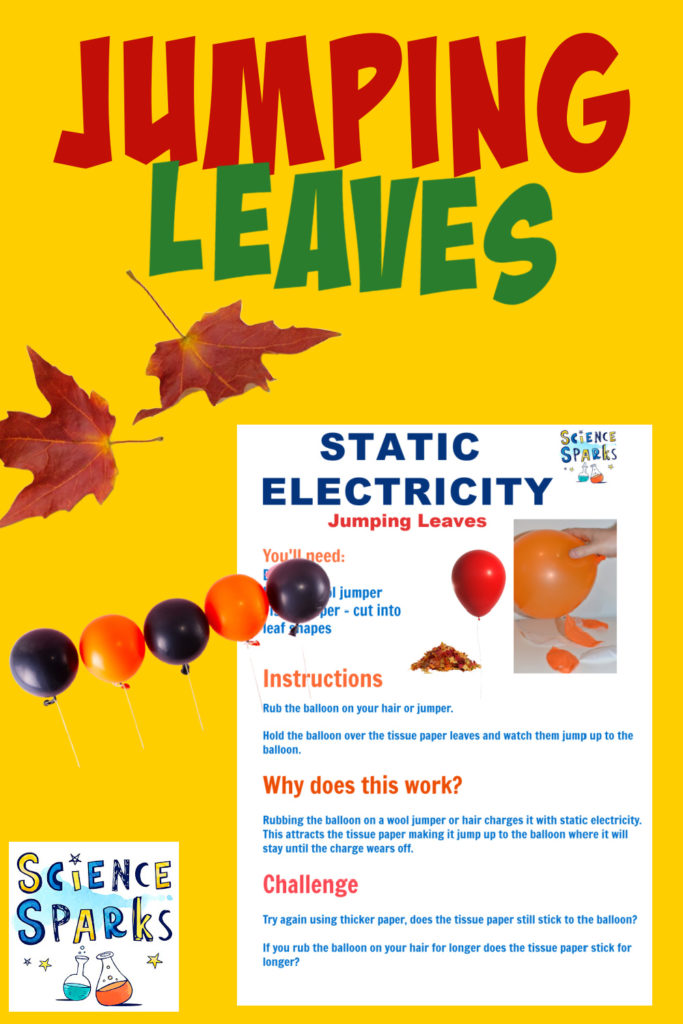
Winter Science Experiments – Science Printable Experiments
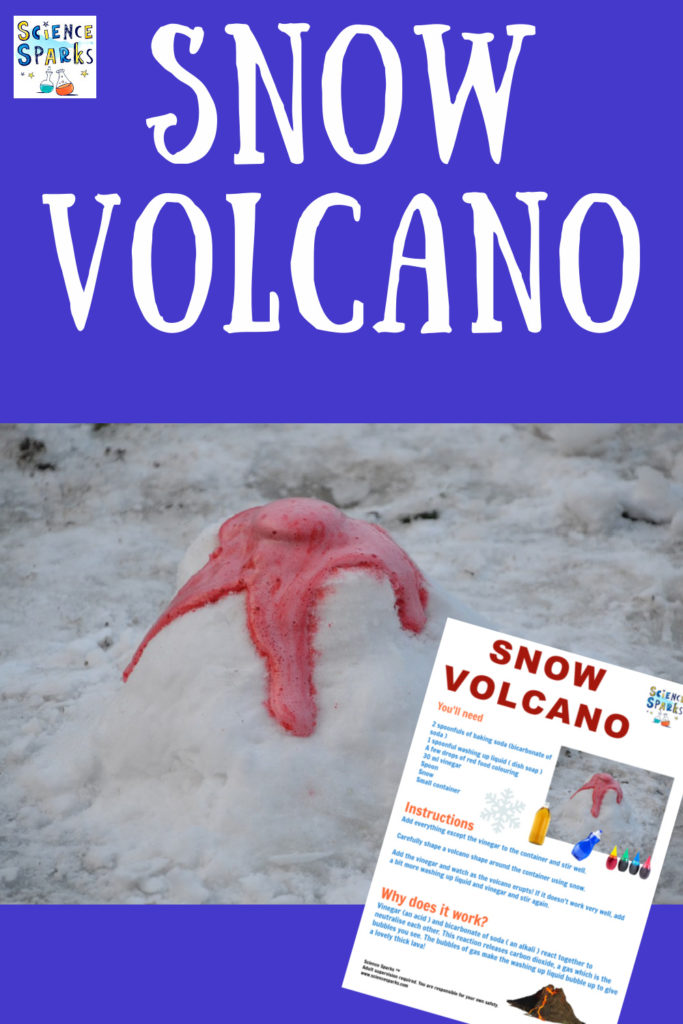
Spring Science Experiment Printables
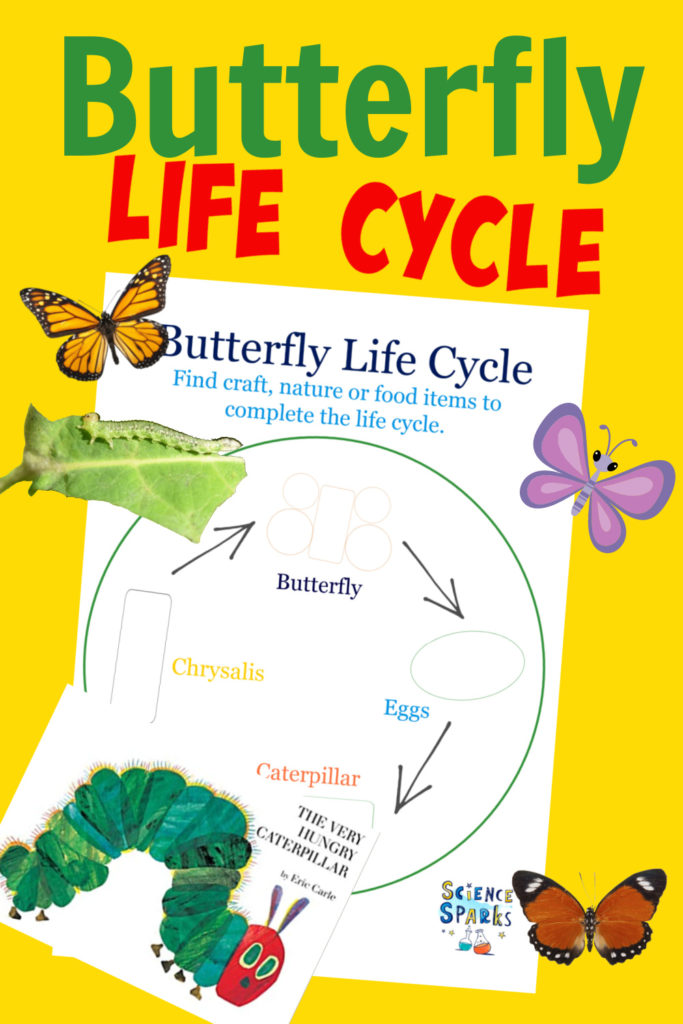
Summer Science Experiments
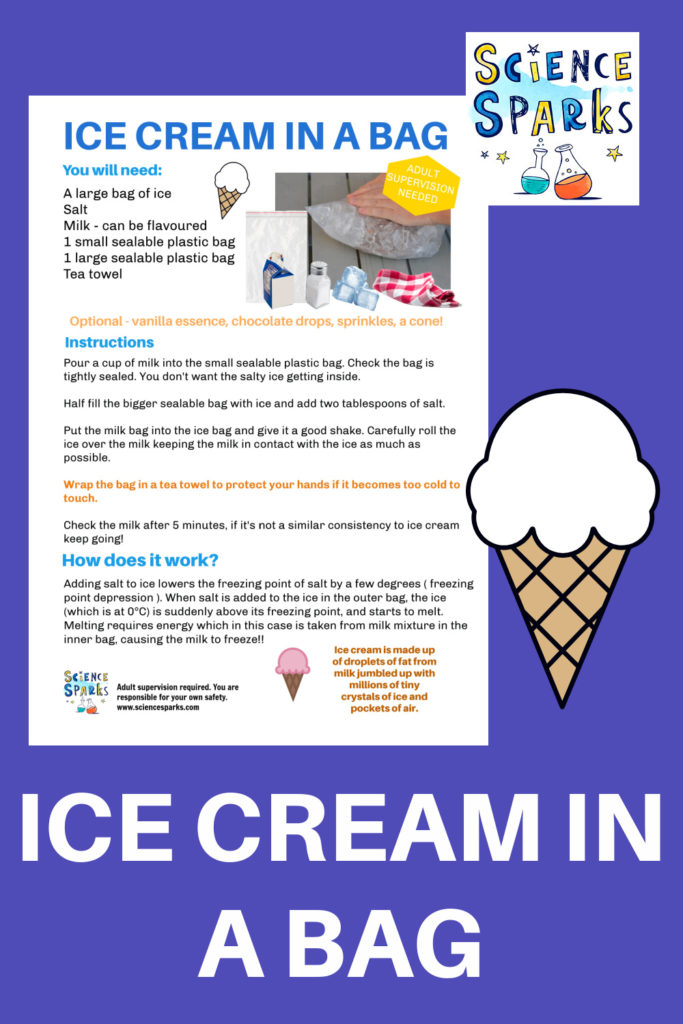
Climate Change Science Activities
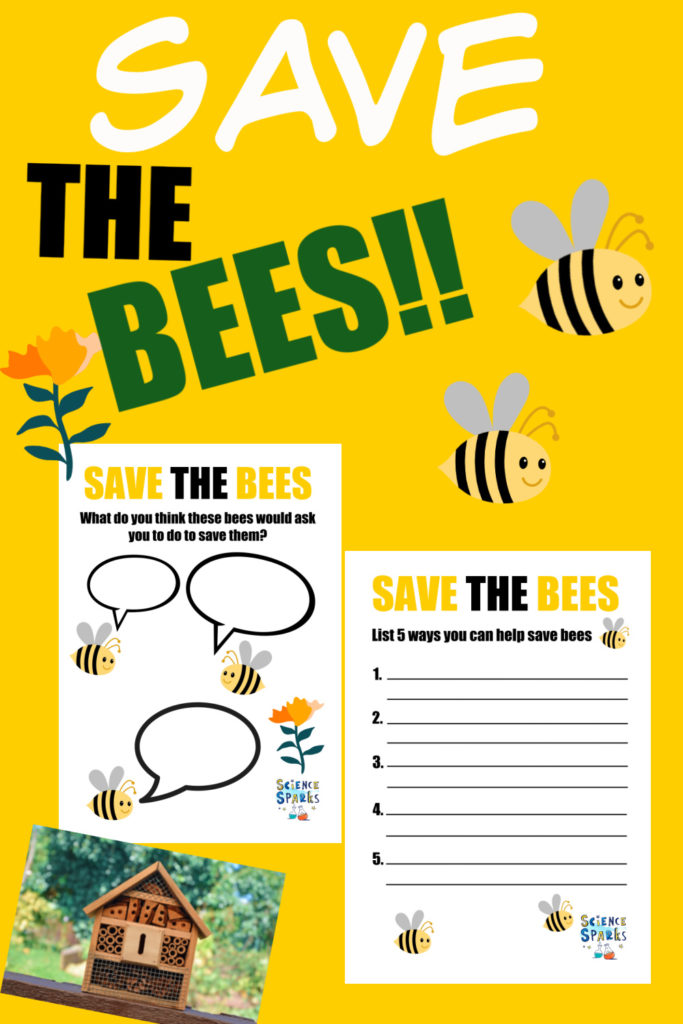
Top 10 Science Experiments for Kids
How many of our top 10 science experiments can you tick off the FREE checklist?
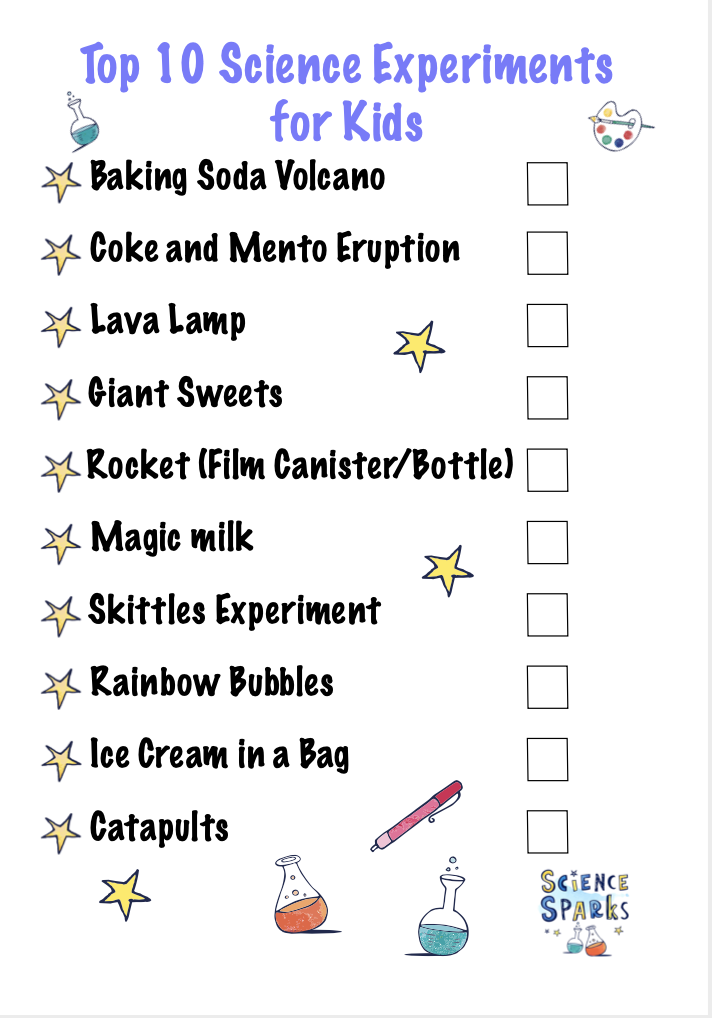
Tray a Day Science Experiments for Kids
The idea behind these activities is to collect the materials and pop them into a box or tray ready for kids to use! Each activity uses very simple materials and should be easy enough for children to try with only a little bit of help. You can find the whole Tray a Day collection here!
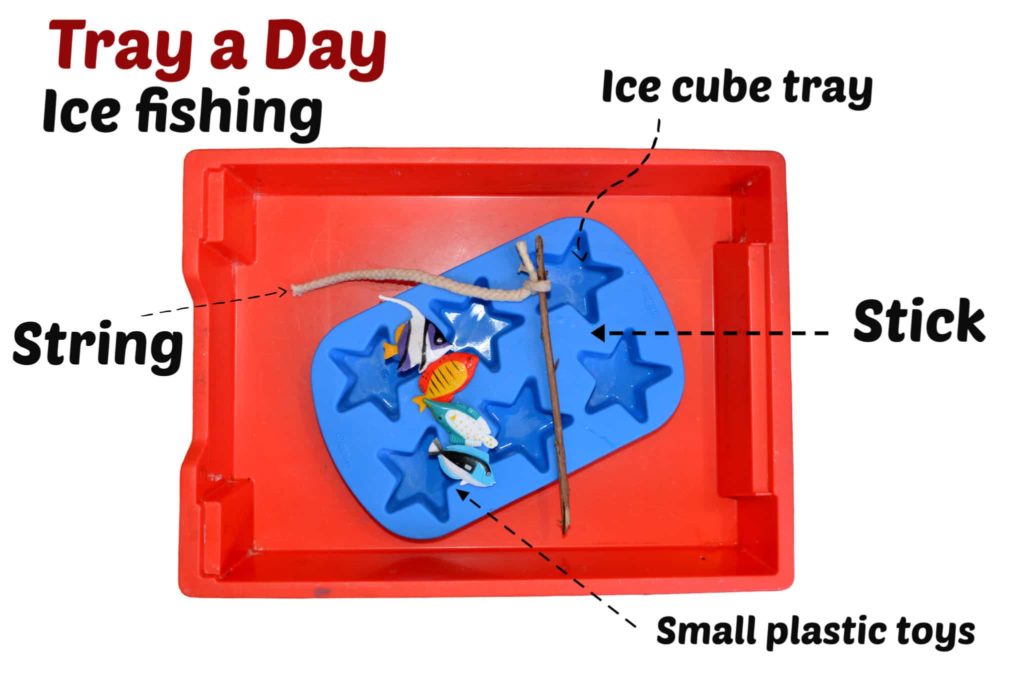
STEM Challenge Cards
These easy STEM challenge cards are great fun for any time of year. Make sugar cube structures, treasure maps with tea or coffee, fizzy potions and lots more.
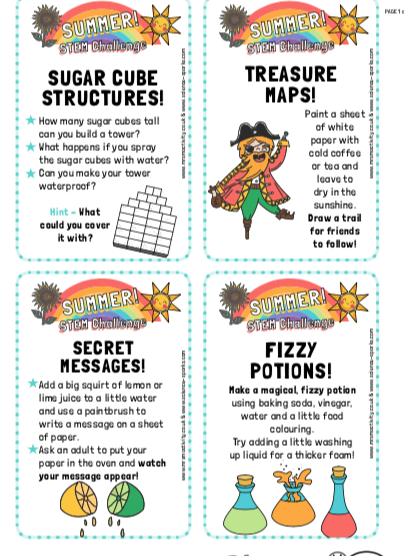
Free Science eBooks
Download one of my FREE science eBooks. There’s Winter Science Experiments, Science for Early Years, Christmas Science Experiments and more coming soon.
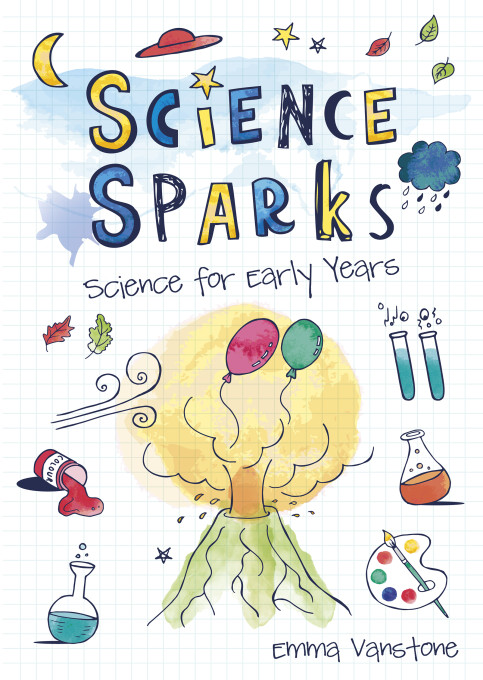
Space Science Worksheets
Download our space science activities here. There’s a pdf of everything you need for a fun space themed science day .
Coding Club Plan
KS1 Coding Club Plan

Science Worksheets
General science experiment worksheet.
Use this to help write up an experiment. Perfect for Key Stage 1 Science – age 4-7 years.
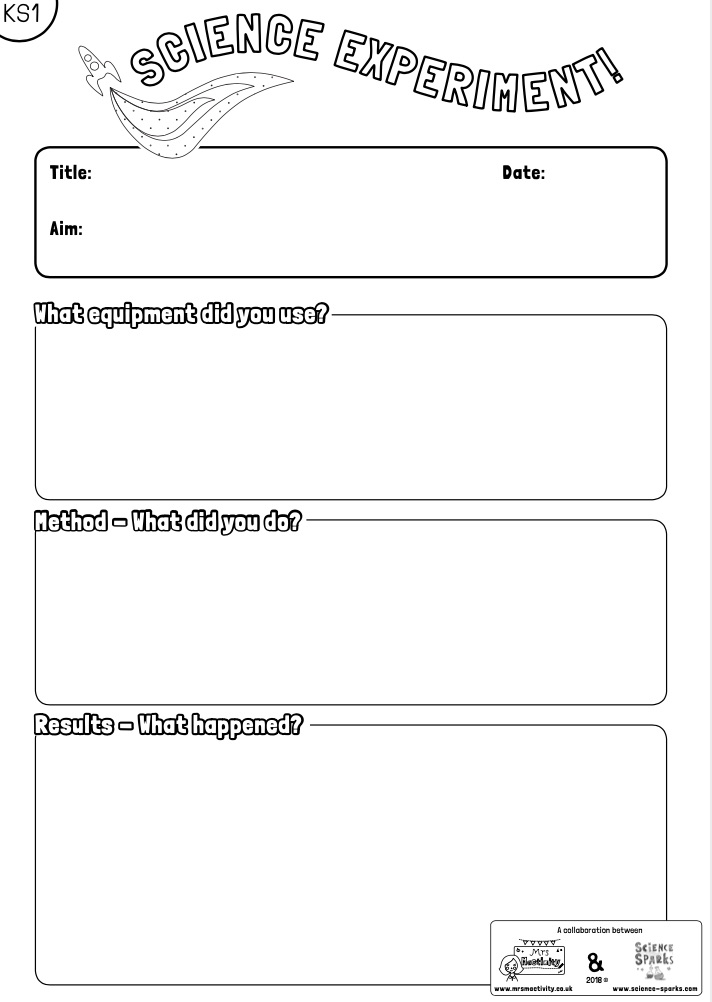
Science Experiment Templates
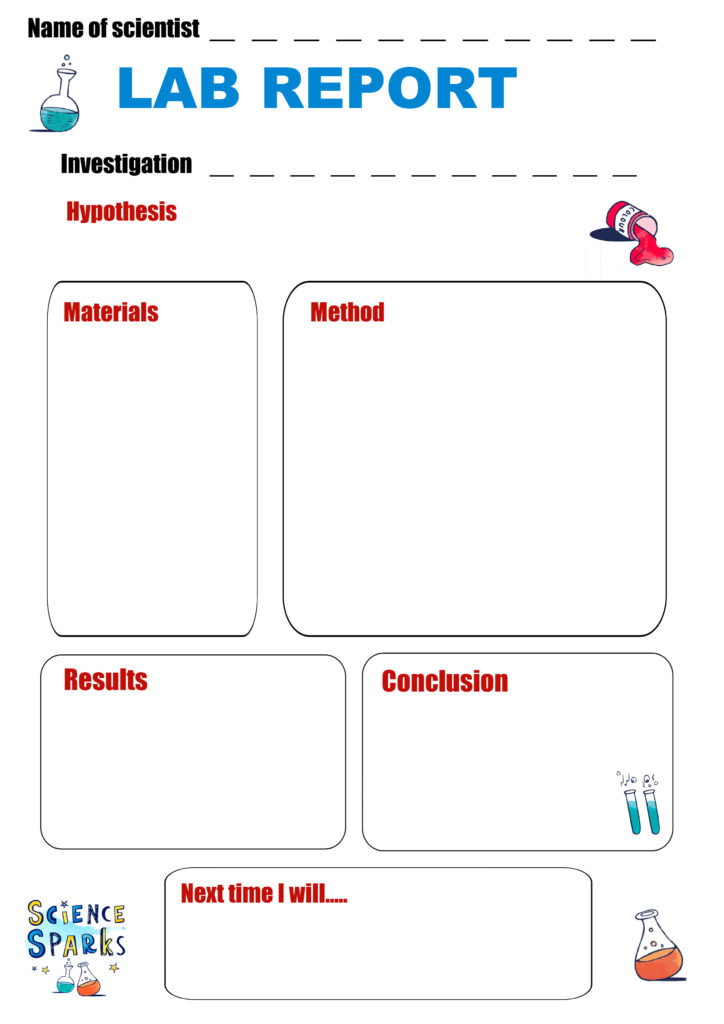
Fairy Tale Science Worksheets
Design a raft for the Billy Goats, grow a bean for Jack and more these these brilliant fairy tale investigation printable sheets .
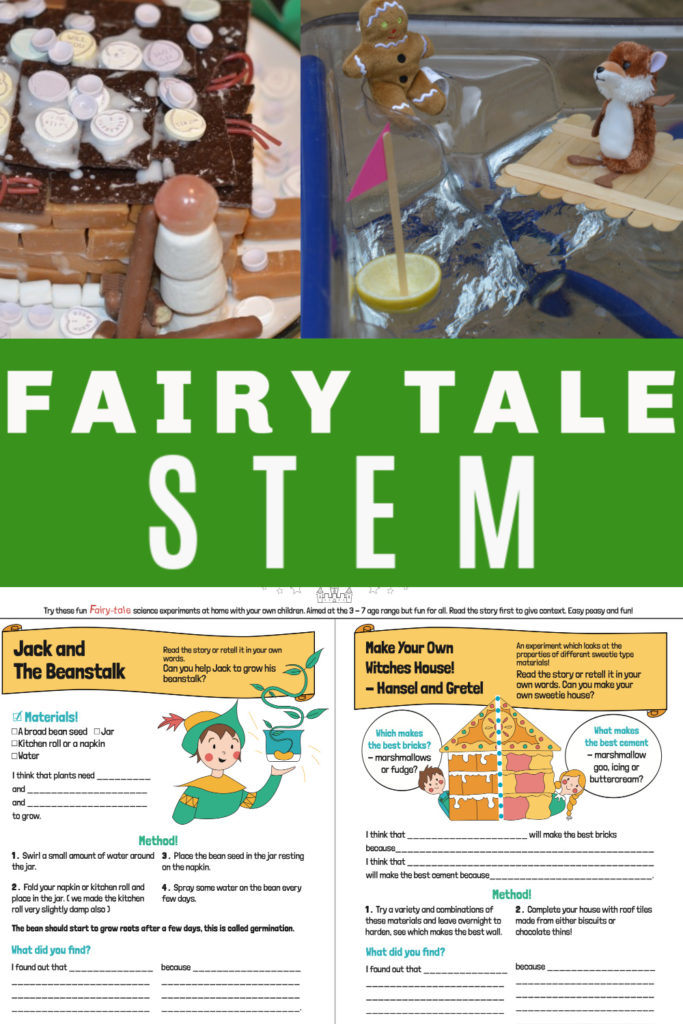
Book themed science experiments
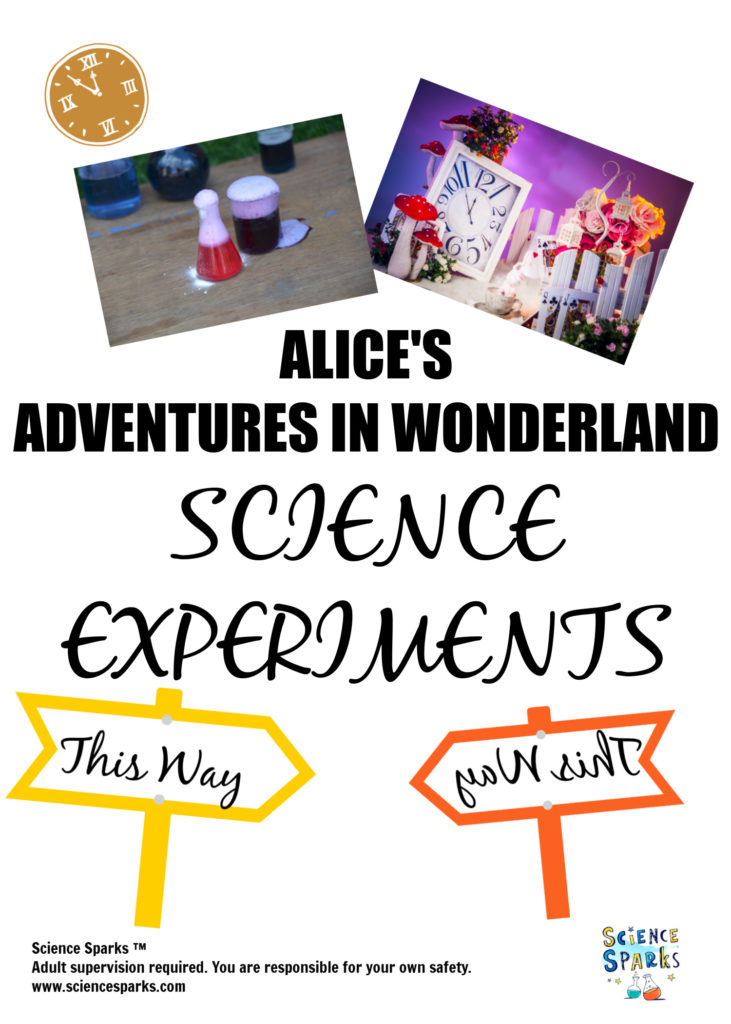
- PRO Courses Guides New Tech Help Pro Expert Videos About wikiHow Pro Upgrade Sign In
- EDIT Edit this Article
- EXPLORE Tech Help Pro About Us Random Article Quizzes Request a New Article Community Dashboard This Or That Game Forums Popular Categories Arts and Entertainment Artwork Books Movies Computers and Electronics Computers Phone Skills Technology Hacks Health Men's Health Mental Health Women's Health Relationships Dating Love Relationship Issues Hobbies and Crafts Crafts Drawing Games Education & Communication Communication Skills Personal Development Studying Personal Care and Style Fashion Hair Care Personal Hygiene Youth Personal Care School Stuff Dating All Categories Arts and Entertainment Finance and Business Home and Garden Relationship Quizzes Cars & Other Vehicles Food and Entertaining Personal Care and Style Sports and Fitness Computers and Electronics Health Pets and Animals Travel Education & Communication Hobbies and Crafts Philosophy and Religion Work World Family Life Holidays and Traditions Relationships Youth
- Browse Articles
- Learn Something New
- Quizzes Hot
- Happiness Hub
- This Or That Game
- Train Your Brain
- Explore More
- Support wikiHow
- About wikiHow
- Log in / Sign up
- Education and Communications
- Science Writing
How to Write up a Science Experiment
Last Updated: December 4, 2024 Fact Checked
This article was co-authored by Jessie Antonellis-John . Jessie Antonellis-John is a Math and Science Instructor who teaches at Southwestern Oregon Community College. With over 10 years of experience, she specializes in curriculum development. Jessie earned her PhD in Teaching & Teacher Education from the University of Arizona, her Master of Education from Western Governors University, and her BS in Astrophysics from Mount Holyoke College. She’s also co-authored several peer-reviewed journal articles in professional publications. This article has been fact-checked, ensuring the accuracy of any cited facts and confirming the authority of its sources. This article has been viewed 282,867 times.
Any time you have conducted a science experiment, you should write a lab report detailing why the experiment was performed, the results you expected, the process you used, the actual results, and a discussion of what the results mean. Lab reports often follow a very standard format starting with an abstract and introduction, followed by a materials and methods section, the results and discussion, and finally a conclusion. This format will allow the reader to find answers to common questions that are often asked: Why was the experiment performed? What were the expected results? How was the experiment conducted? What happened in the experiment? What do the results mean? This article explains the basic format of a lab report.
Lab Report Template

Writing an Abstract and Introduction

- The purpose of this short summary is to provide the reader with enough information on the experiment that they can see if they want or need to read the entire report. The abstract helps them determine if your research is relevant to them.
- Devote a sentence to describing the purpose of the project and its significance. Then, very briefly describe the materials and methods used. Follow up with a 1-2 sentence description of the results of the experiment. You might also provide a list of keywords listing subjects related to your research.

- The introduction will outline what the experiment is, why it was done, and why it is important. It must provide the reader with two key pieces of information: what is the question the experiment is supposed to answer and why is answering this question important.

- A research hypothesis should be a brief statement that pares down your problem that you described in your introduction into something that is testable and falsifiable.
- Scientists must create a hypothesis from which an experiment can reasonably be designed and carried out.
- A hypothesis is never proved in an experiment, only "verified" or "supported".

- For example, you might start with "Fertilizer affects how tall a plant will grow". You could expand this idea to a clear hypothesis: "Plants grow faster and taller when they are given fertilizer". To make it a testable hypothesis, you could add experimental details: "Plants which are given a solution with 1 milliliter (0.034 fl oz) of fertilizer grow faster than plants without fertilizer because they are given more nutrients."
Explaining Your Research Procedure

- This section is extremely crucial documentation of your methods of analysis.

- For example, if you were testing how fertilizer affects plant growth, you would want to state what brand of fertilizer you used, what species of plant you used and what brand of seed.
- Make sure you include the quantity of all objects used in the experiment.

- Remember all experiments involve controls and variables. Describe these here.
- If you used a published laboratory method, be sure to provide a reference for the original method.
Reporting Results

- For example, if you are testing the effect of fertilizer on plant growth you would want a graph showing the average growth of plants given fertilizer vs. those without.
- You would also want to describe the result. For example "Plants which were given a concentration of 1 milliliter (0.034 fl oz) of fertilizer grew an average of 4 centimeter (1.6 in) taller than those that were not given fertilizer."
- As you go along, narrate your results. Tell the reader why a result is significant to the experiment or problem. This will allow the reader to follow your thinking process.
- Compare your results to your original hypothesis. State whether or not your hypothesis was supported or not by your experiment.
- Quantitative data is anything expressed in terms of numerical forms such as percentages or statistics. Qualitative data is derived from broad questions and is expressed in the form of word responses from study participants.

- In this section, the author can address other questions such as: "why did we get an unexpected result?" or "what would happen if one aspect of the procedure was altered?".
- If your results did not verify your hypothesis, explain your reasoning why.

- Be sure to link back to the introduction and whether or not the experiment addressed the goals of your analysis.

- You can use software such as EndNote to help you cite and build a properly referenced bibliography.
Expert Q&A

You Might Also Like

- ↑ Michael Simpson, PhD. Registered Professional Biologist. Expert Interview. 8 September 2021.
- ↑ https://www.matrix.edu.au/how-to-write-a-scientific-report/
- ↑ https://explorable.com/research-hypothesis
- ↑ https://www.monash.edu/student-academic-success/excel-at-writing/annotated-assessment-samples/science/science-lab-report
About This Article

When you’re writing up a science experiment for a class, break it into sections for your introduction, procedure, findings, and conclusion. In the intro, explain the purpose of your experiment and what you predicted would happen, then give a brief overview of what you did. In the procedure section, describe all of the materials you used and give a step-by-step account of your method. In the findings section, give the results from your experiment, including any graphs or diagrams you made. Then, explain if your expectations were met and what further research you can do. Finish with a brief conclusion that summarizes your experiment and its results. For more tips from our Science co-author, including how to write an abstract for your science paper, read on! Did this summary help you? Yes No
- Send fan mail to authors
Reader Success Stories
Vamikha Shetty
Sep 29, 2020
Did this article help you?

Eleanor Enedby
Nov 4, 2021
Oct 23, 2019
Kyi Kyaw Sein
Feb 19, 2022
Nov 24, 2019

Featured Articles

Trending Articles

Watch Articles

- Terms of Use
- Privacy Policy
- Do Not Sell or Share My Info
- Not Selling Info
wikiHow Tech Help Pro:
Develop the tech skills you need for work and life

IMAGES
COMMENTS
Jan 19, 2022 · These cover experiments suitable for kids of all ages and are themed to many different topics including seasons and holidays. Launching today are several science experiment templates that can be used for writing up experiments and investigations and a STEM challenge sheet too!
Doing science investigations can be great fun! But it's important that children understand the reason they're doing these experiments in the first place, which is to observe the investigations and see what they find. By planning and writing out their findings, it keeps children engaged with the whole process. This is why these science experiment write-up templates (KS2) are such a great ...
New for 2020 was Gross Science, which contains 60 ooey, gooey and sticky science experiment ideas. Scroll down to the bottom to see my collection of science worksheets, or click on the image or text under the science experiments below to download the experiment instruction sheets for each activity.
This Science Experiment Write Up Example shows you everything you need to get started on your own scientific investigation. When conducting an experiment, it is crucial you follow the Scientific Method. The 5 main steps of the scientific method are:Observation;Question;Hypothesis;Method;Results. To read about these steps more in depth, be sure to check out our Teaching Wiki - as linked ...
Dec 4, 2024 · When you’re writing up a science experiment for a class, break it into sections for your introduction, procedure, findings, and conclusion. In the intro, explain the purpose of your experiment and what you predicted would happen, then give a brief overview of what you did.
Use this printable worksheet with your Science class to allow them to write up and record their classroom experiments. This sheet includes key sections such as Equipment, What I did and What I Discovered. Your students can summarize the method of their experiment as well as reflect on the results and what they have learned. An excellent accompaniment to our Awe and Wonder Science ...